UN rapporteur: ‘Minorities are the vectors of diversity’
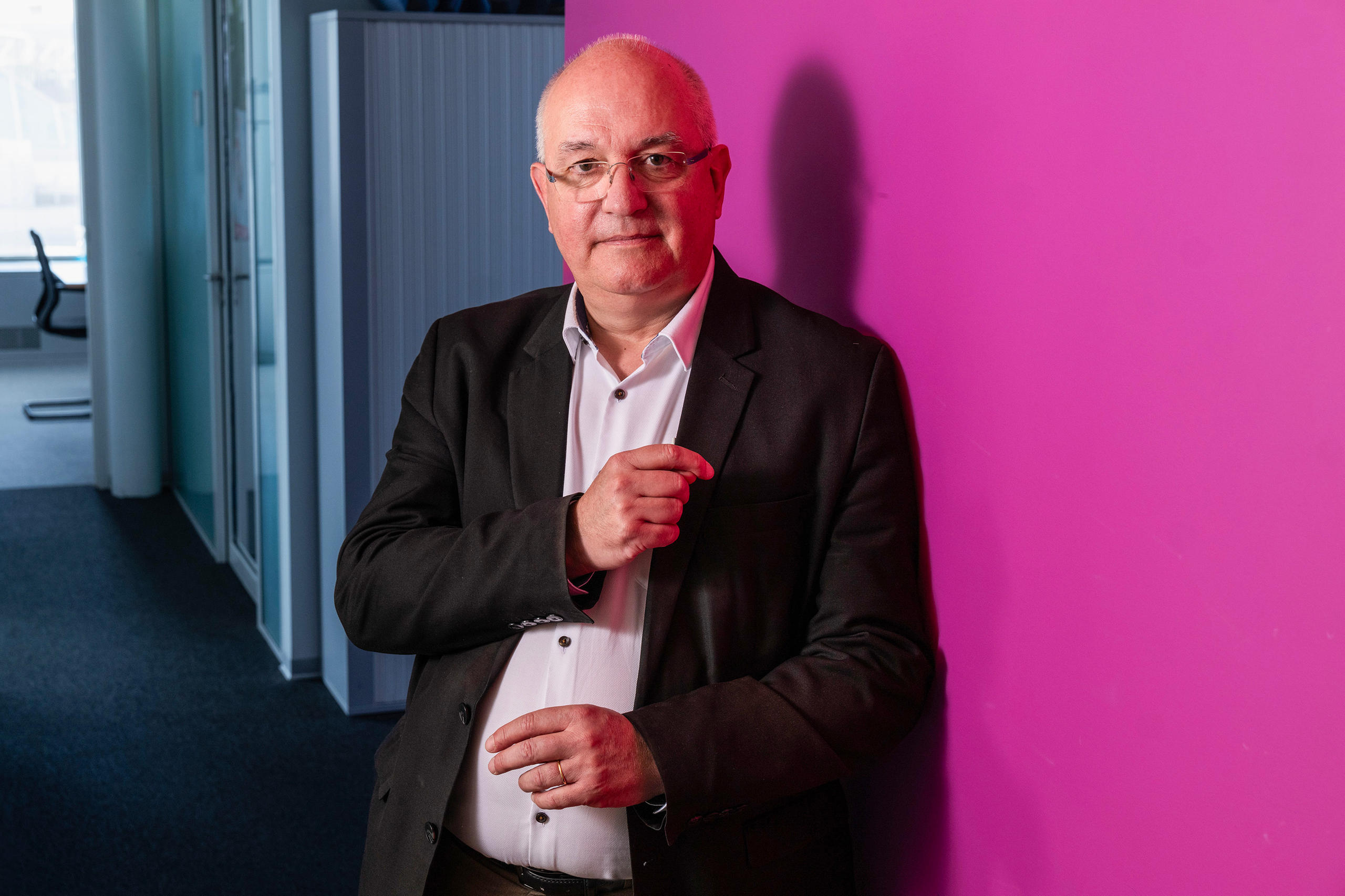
The new United Nations special rapporteur on minority issues, Nicolas Levrat, talks to SWI swissinfo.ch about his pragmatic “Swiss" approach, the rules of war and why we are at the end of an era that started in 1989.
“Geneva is one of the most, if not the most interesting place in the world to do international law. The United Nation’s International Law Commission is based here, its role is to develop international law. All major multilateral treaties were prepared here,” says Levrat.
The UN special rapporteur on minority issues, Nicolas Levrat, is talking in his fifth floor office at the University of Geneva’s Global Studies Institute in the city’s central Plainpalais district, right next to the contemporary art museum, MAMCO. A huge clock hangs on the wall of his office that catches the eye of visitors as it runs anticlockwise. It is a present from my daughter, he explains.
The interview takes place just before the start of his six-year mandate on November 1, 2023. Levrat stepped down as the director of the Global Studies Institute at the University of Geneva at the end of December.
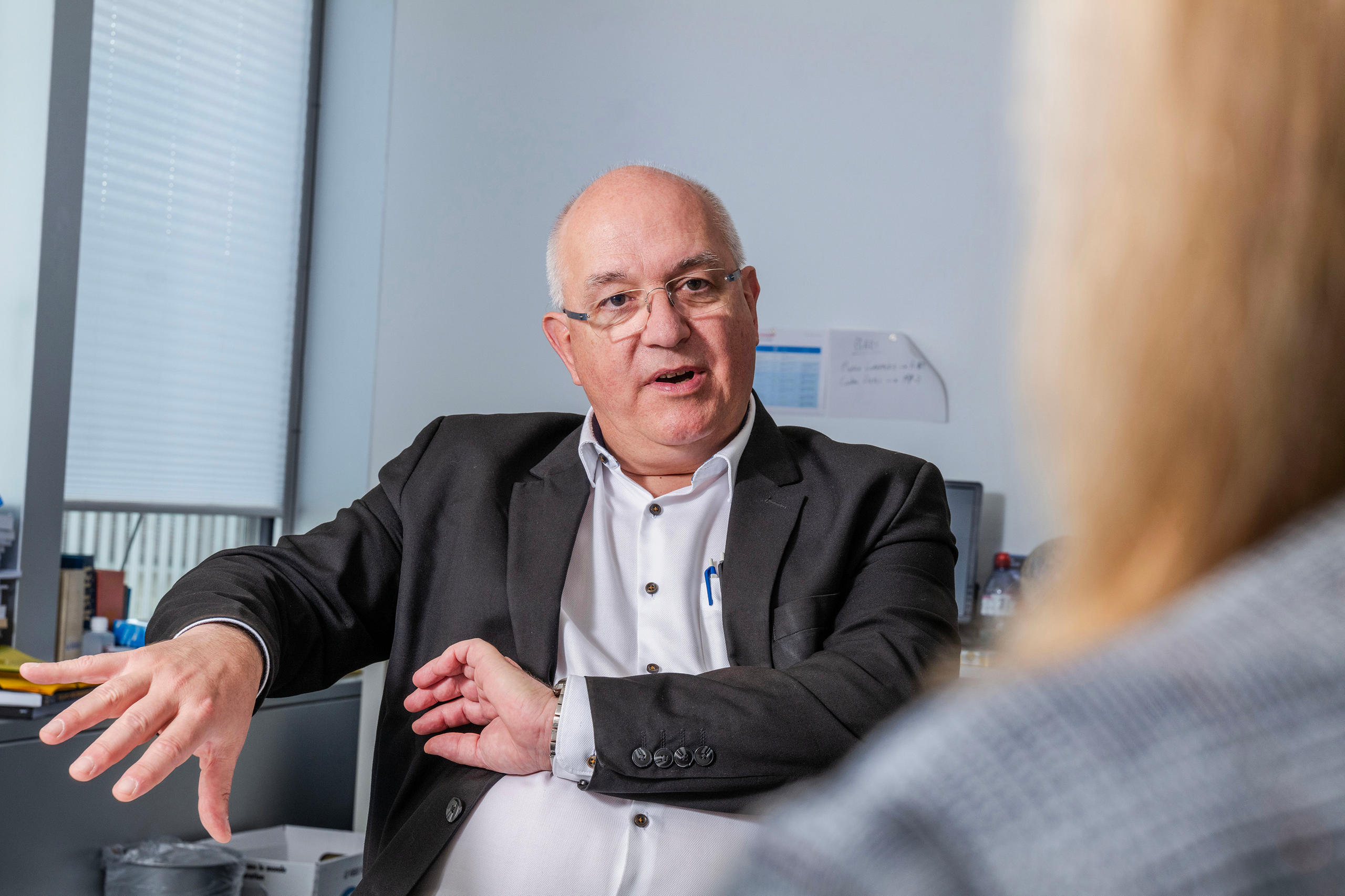
Minority issues were always at the centre of his career. Levrat studied law at the University of Geneva. In the 1990s he joined the Council of Europe in Strasbourg to deal with minority issues mainly in central and eastern Europe. He later moved on to an academic position in Brussels at the Université Libre de Bruxelles. In the early 2000s he returned to the University of Geneva and together with former Swiss President Micheline Calmy-Rey founded “Human Rights Week”, a series of events in Geneva around human rights challenges.
As a newly appointed independent and impartial rapporteur, his role involves investigating issues related to national, ethnic, religious and linguistic minorities.
Special rapporteurs are UN independent experts who are responsible for monitoring specific human rights. Their mission includes responding to individual complaints, conducting studies, providing advice on technical cooperation and undertaking country visits to assess specific human rights situations.
I ask if he has a plan on which issues he will tackle in his first year, given the myriad of problems worldwide.
Challenges loom
“No. First, situations evolve with time, maybe new situations will become more problematic than the ones we face today. Second, you have great freedom as a special rapporteur, but if you want to deal with a specific issue in a specific country, then you will have to deal with the state. You cannot just say: ‘I will solve this problem’. It is not always that easy”, he says.
As rapporteur he is expected to travel to at least two countries per year and produce two reports presented at the UN General Assembly and the UN Human Rights Council.
“If you want to achieve your goals in this role you need to keep a balance between three poles: civil society, the community of states and the UN world, which has its own logic,” says Levrat. “I have the big advantage to be based in Geneva, as all human rights issues are discussed here.”
He does not reveal the cases he will start with, but says he is “aware of many human rights situations worldwide which are not acceptable”.
Levrat adds: “In this position, you are considered as a voice for those who represent minorities. At the same time you have to work in the UN world, which is composed of states. You can be very loud, but not very efficient on issues. You can be more efficient on issues, maybe less visible. It’s a choice.”
The added value of diaspora
One issue he plans to tackle is the situation and role of a diaspora. Are they considered a minority within a country? What are their links to the people in the country of origin? These are some of the questions he will aim to answer. He mentions the active Iranian diaspora in Los Angeles as an example.
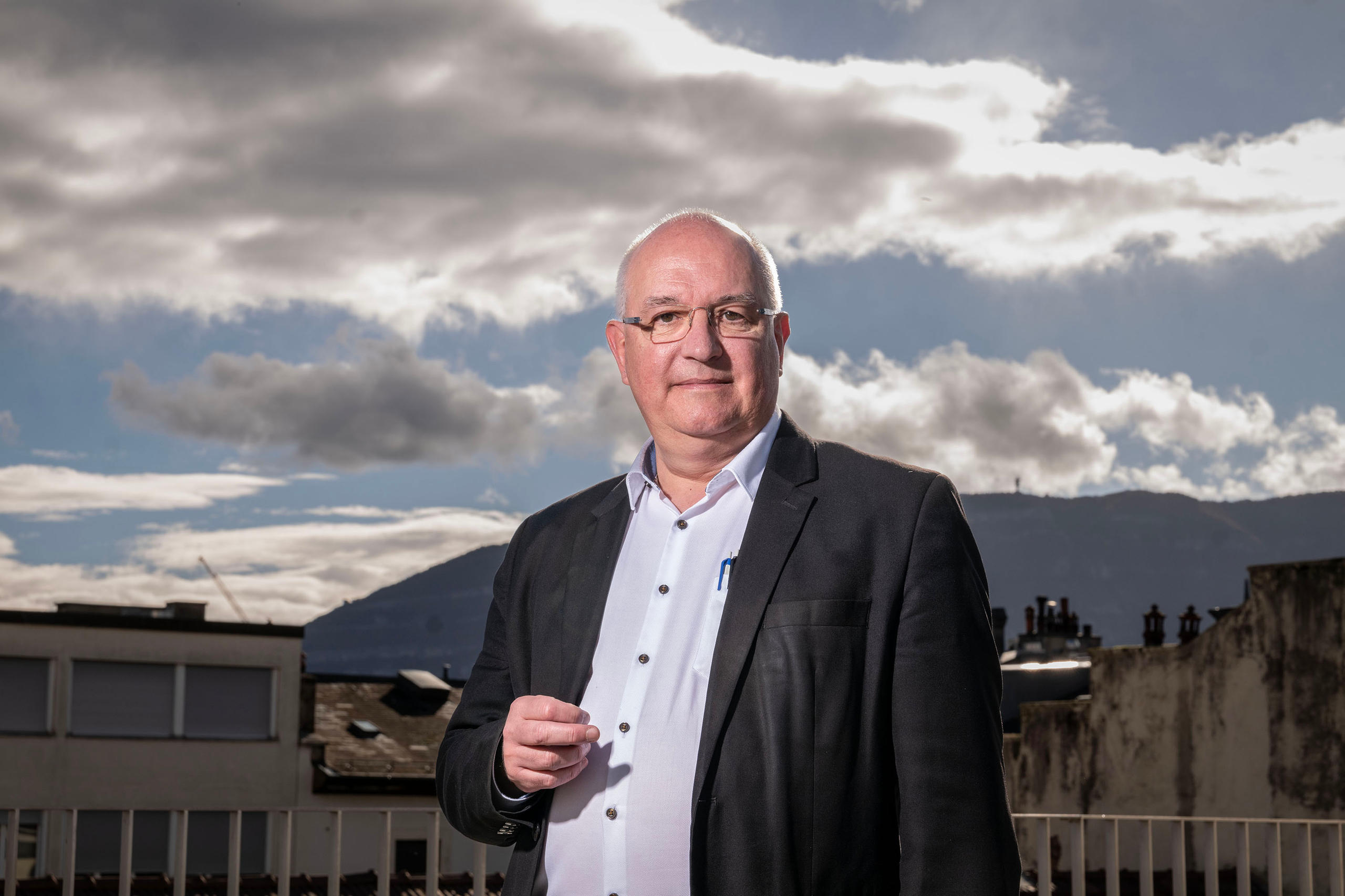
He says: “I would like to show the contribution of minorities to society. I think plural, diverse societies are more resilient, probably more efficient in dealing with many issues as opposed to monolithic societies. Diversity is a very important value. De facto, minorities are the vectors of such diversity.”
His aim is to develop data science or AI tools with academia to understand and monitor how minority issues evolve and tensions flare up in communities around the world.
What about the current Israeli-Palestinian war?
“It’s a priority area of concern,” he says. “We have to think about what we can do to help one way or another. There are issues between the religious groups in the region and also antisemitic and islamophobic acts have increased in many places around the world. This is also my field of concern, as these groups, victims of discrimination or acts of hate or violence, are minorities. Yes, this is an issue,” he says without specifying how he will be implicated.
He notes: “Legally we cannot say that minority rights have been affected in Gaza. States need to decide if in their countries there are minorities or not. Is Gaza a state? Is Israel a state which should decide whether people in Gaza are a minority? Certainly not. Most of their rights are affected and the situation has to be resolved quickly and humanly and justly, if possible.”
He believes Switzerland has traditionally had a pragmatic approach in foreign affairs, which he is in favour of as “it is more likely to produce results”.
“Perfect justice is a good idea, but if we can improve the situation of people who are in an unjust situation that’s better justice, not ideal, but better than nothing at all,” he says.
End of an era
Protecting human rights has become difficult in the world today, he admits. Traditionally the international community, through cooperation or pressure, has tried to improve the human rights situation in a given country. He believes the era of international cooperation that started in 1989 has long ended, or at the very latest, ended with Russia’s war in Ukraine.
The “cooperative mood” in the world has changed, and we are back to “blocs” like during the Cold War. “Now it is more difficult for the international community to intervene, to put pressure on certain states to improve their human rights record, the “bloc” logic is back. You support your allies in whatever they do.”
Levrat plans to pay special attention to how minorities are portrayed in the media and also wants to make people aware of the work of his office. As today and throughout history, minority issues lay at the heart of many of the world’s conflicts, speakers at the last spring Human Rights Council had said. He certainly has his work cut out for the next six years.
Edited by Virginie Mangin

In compliance with the JTI standards
More: SWI swissinfo.ch certified by the Journalism Trust Initiative


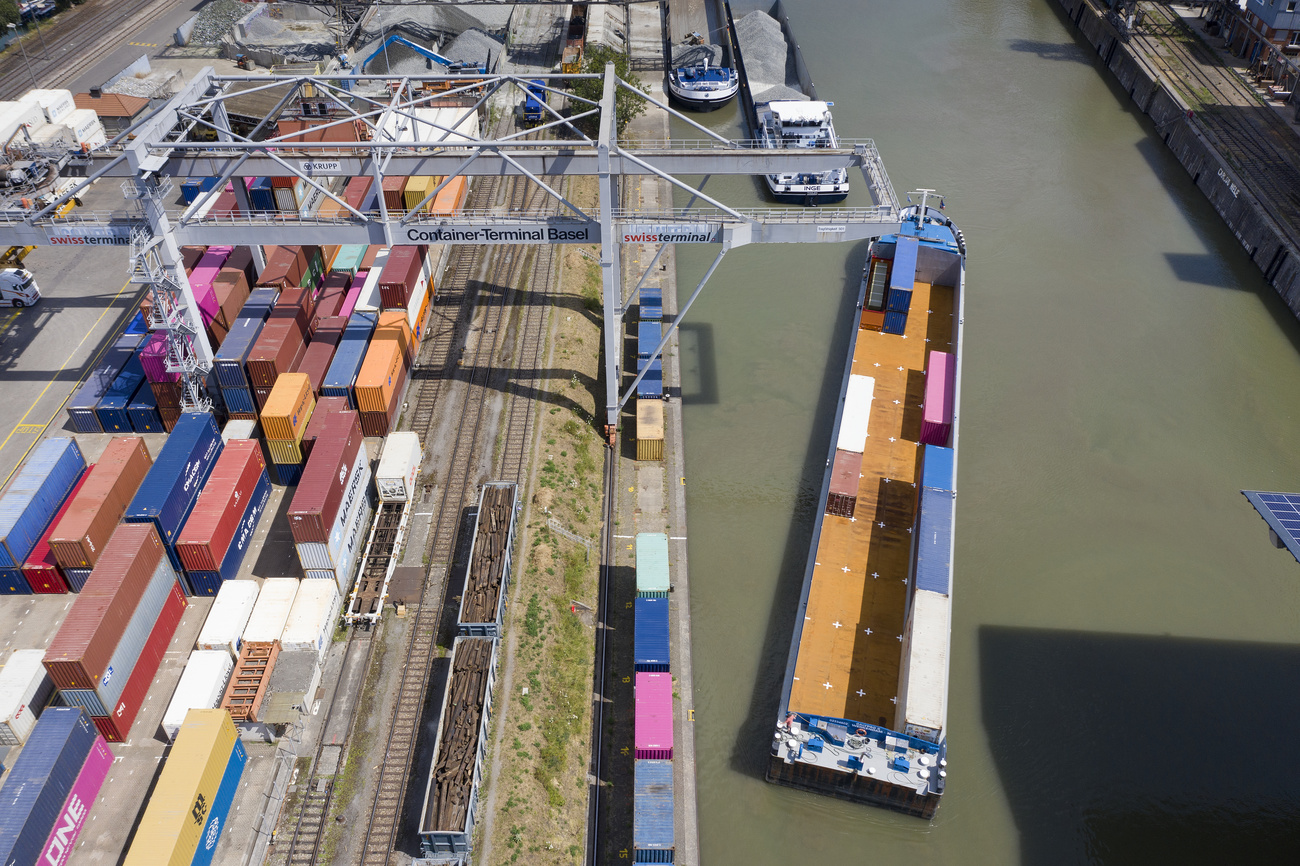

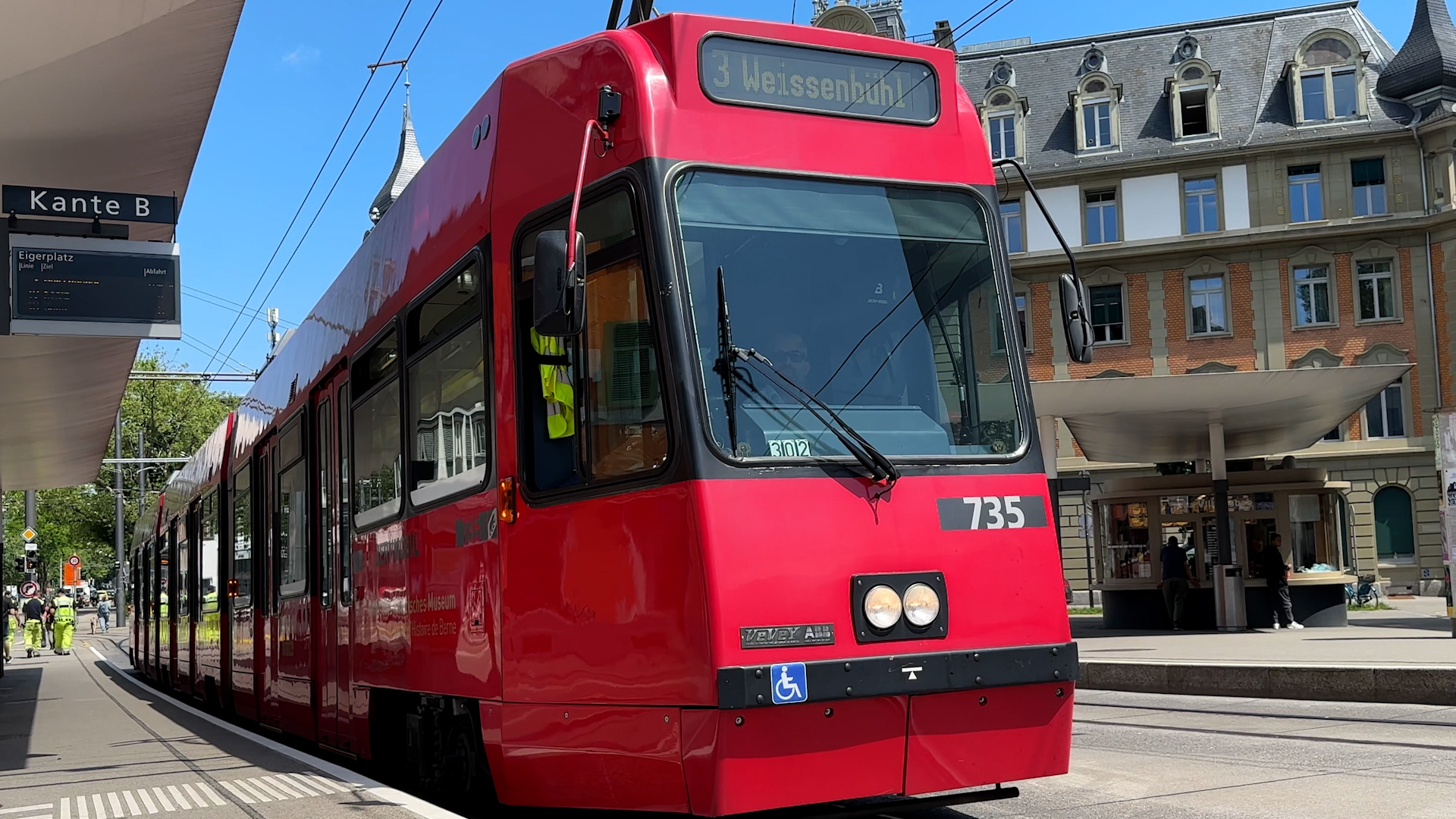


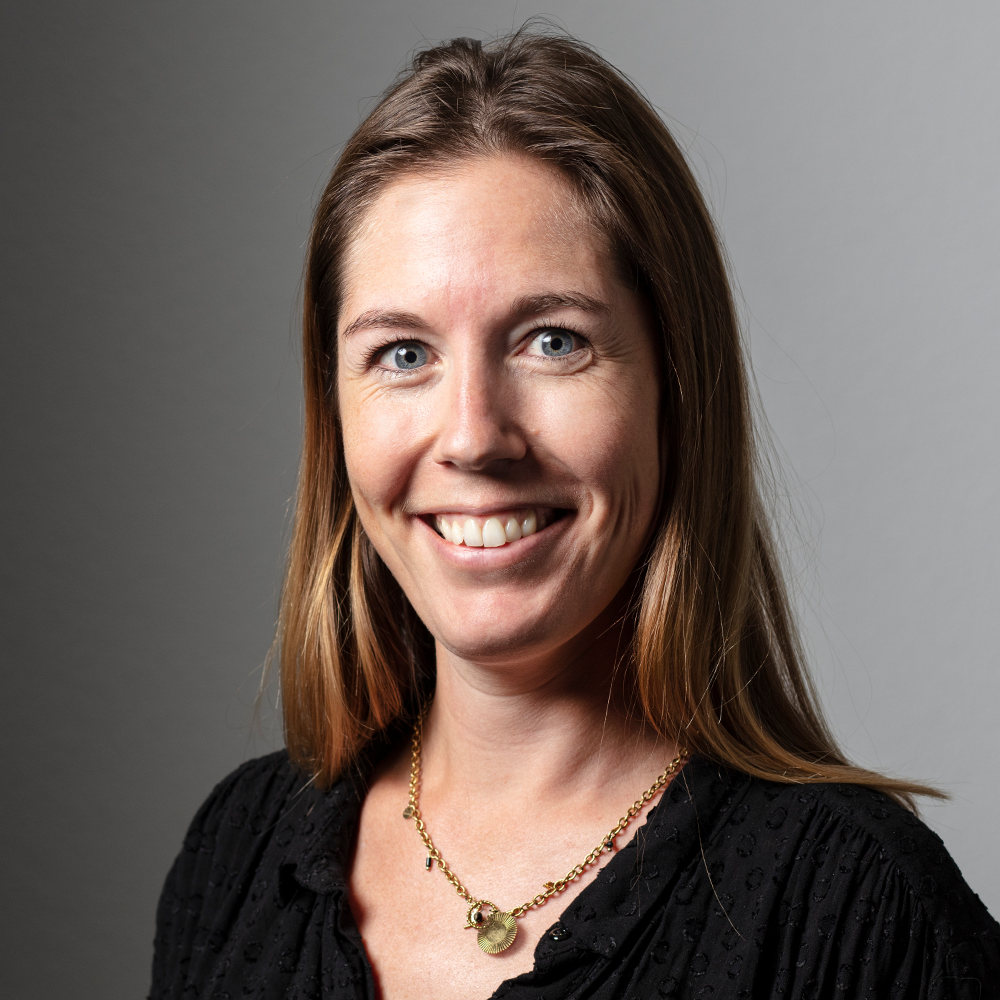
You can find an overview of ongoing debates with our journalists here . Please join us!
If you want to start a conversation about a topic raised in this article or want to report factual errors, email us at english@swissinfo.ch.